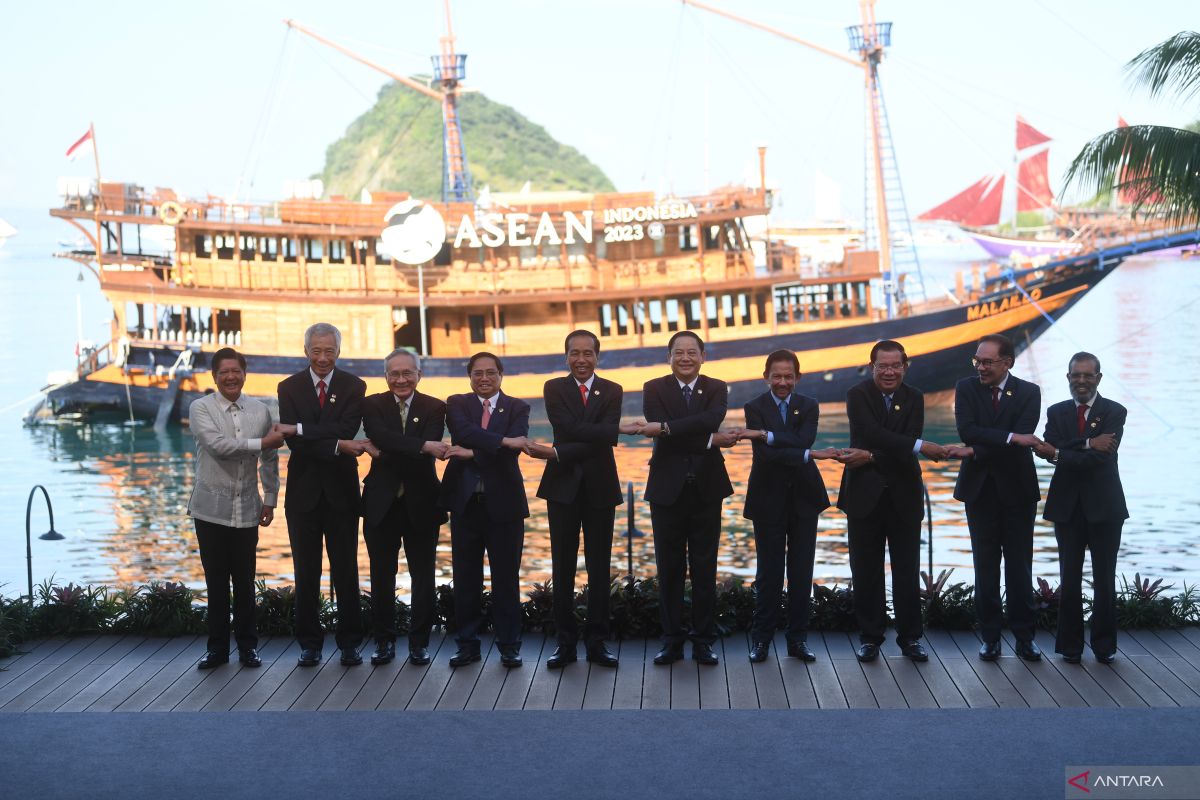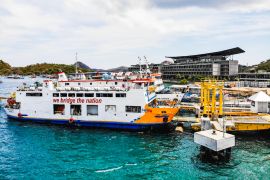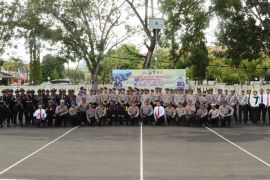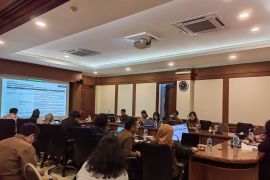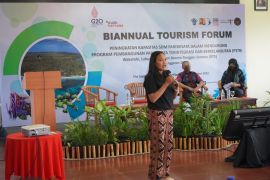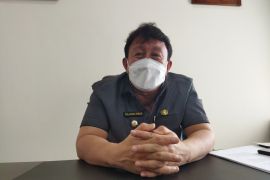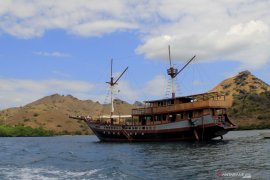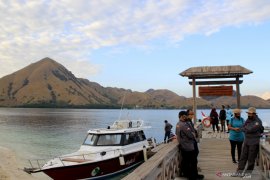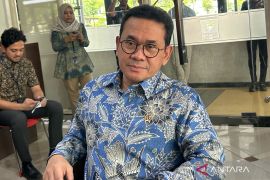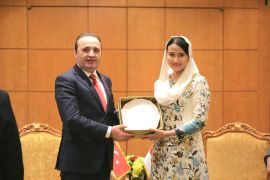During the ASEAN Summit, leaders of member countries discussed various issues at each meeting. Discussions covered topics, such as the granting of full membership to Timor-Leste, tackling human trafficking, ensuring protection for migrant workers, developing the electric vehicle ecosystem, and bolstering payment connectivity in the region.
The ASEAN Summit, under Indonesia’s leadership this year, has also become an event to demonstrate the strength of regional countries as the engine of world economic growth, with their economy growing above the world average and large market share of some 600 million people, or a market value of US$2.3 trillion.
In addition, the stability in ASEAN’s economic growth is able to encourage economic integration through various initiatives under the 2025 ASEAN Economic Community (AEC) blueprint.
The successful holding of the Summit also became the basis for uniting visions and encouraging various other initiatives to increase intra-ASEAN trade that is still relatively stagnant, at around 22 percent. The success of holding the Summit certainly requires further steps to boost ASEAN and Indonesia’s trade in the future.
Trade initiative
Apart from the main event of the Summit, some side events were also held, mainly related to trade. Under Indonesia’s leadership, various initiatives were offered to strengthen trade partnerships between Southeast Asian countries.
Indonesian Trade Minister Zulkifli Hasan said that economic ministers from Southeast Asian countries that gathered at the 29th ASEAN Economic Ministers (AEM) Retreat 2023 had agreed to ratify seven regional economic priority achievements.
The seven priorities are in the form of a cooperation framework to facilitate trade in the service industry within ASEAN; the signing of the second protocol of the ASEAN-Australia-New Zealand Free Trade Area (AANZFTA); the establishment of a Regional Comprehensive Economic Partnership Agreement (RCEP) at the ASEAN Secretariat in Jakarta; project-based industry initiatives; implementation of full electronic Form D through the ASEAN Single Window; the development of the Digital Economy Framework Agreement (DEFA); and a standard harmonization roadmap to support the implementation of Sustainable Development Goals (SDGs).
These targets are expected to bring progress and increase the economic growth of Southeast Asian countries in a better direction, especially under the leadership of Indonesia, as the most populated country in ASEAN, to showcase its strength as a driving force.
The Mid-Term Review of the ASEAN Economic Community Blueprint 2025 recorded that in the 2022-2025 period, intra-ASEAN trade needs to grow by 13.5 percent per year to achieve the target set in 2017, namely to double the trade value.
Results of the 42nd ASEAN Summit were also expected to boost the gross domestic product (GDP) of Southeast Asian countries to increase by 3-15 percent. Moreover, initiatives formulated by the leaders are also considered to be able to create around six million potential new jobs and increase ASEAN's cross-sectoral competitiveness in the global market.
Apart from the seven economic priorities, Indonesia has also encouraged various efforts to increase economic integrity in ASEAN. This includes upgrading the ASEAN Trade in Goods Agreement (ATIGA), dealing with various non-tariff barriers, increasing trade facilitation and connectivity, working together in the field of digitalization and sustainability, and pursuing efforts to advance micro, small, and medium enterprises (MSMEs) in the ASEAN.
Indonesia must also utilize its position and opportunity for various export commodities. Based on the data in the past five years, the surplus in Indonesia’s trade balance with ASEAN continues to increase. In 2018, the surplus was recorded at US$3.92 billion and continued to grow until it reached US$20.42 billion in 2022.
Take advantage of the momentum
The ASEAN Summit offers the best momentum that can be utilized by various business sectors ranging from tourism, technology, and infrastructure to trade. Business actors must be observant in seeing opportunities both during and after activities.
Director General of International Trade Negotiations at the Ministry of Trade, Djatmiko Bris Witjaksono, said entrepreneurs could actively capitalize on the programs promoted by the ASEAN Business Advisory Council (ABAC) to increase trade and encourage Indonesian exports.
The ABAC program priorities focus on digital transformation, sustainable development, health security, food security, and facilitation of trade and investment.
Business owners are also expected to proactively seek information regarding access to market expansion, including exports, and conduct dialogue with the government in formulating the direction of regional economic integration in the future, building business networks, sharing ideas and best practices, as well as encouraging inclusivity for MSMEs in the ASEAN.
The ABAC has also received support from all economic ministers in the ASEAN region to realize an integrated, connected, and sustainable Southeast Asian economic partnership.
Chairman of the Indonesian Chamber of Commerce and Industry (Kadin) Arsjad Rasjid said the three challenges faced by ASEAN in the trade sector were the increasing prevalence of non-tariff barriers in the Southeast Asian region, digitization of the ASEAN Single Window initiative that must be improved, and increased mobility of skilled workers.
In addition, ASEAN countries should build an economic community through a person-to-person and business-to-business approach. This is believed to accelerate regional transformation through centrality, innovation, and inclusivity.
However, this good momentum will only be a celebration if it is not utilized as optimally as possible. Indonesia, in fact, has an advantage, with the presence of the ASEAN Secretariat in Jakarta. However, this does not automatically give priority to domestic business owners. Efforts are still needed to broaden and deepen economic connectivity with partner countries in the region.
The key is to create innovation, take initiative, and not just wait for the government or stakeholders to help business owners. In this way, the 42nd ASEAN Summit in Labuan Bajo, NTT, can bring actual sustainable impacts on trade in Indonesia and the Southeast Asian region.
Related news: ASEAN Summit paves way for MSMEs to global market
Related news: Preparing report on economic turnover from ASEAN Summit: Uno
Translator: Maria Cicilia Galuh P, Resinta S
Editor: Azis Kurmala
Copyright © ANTARA 2023
